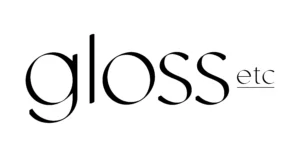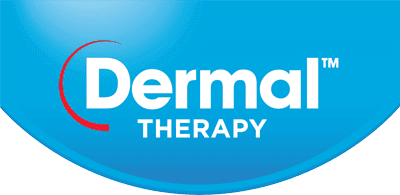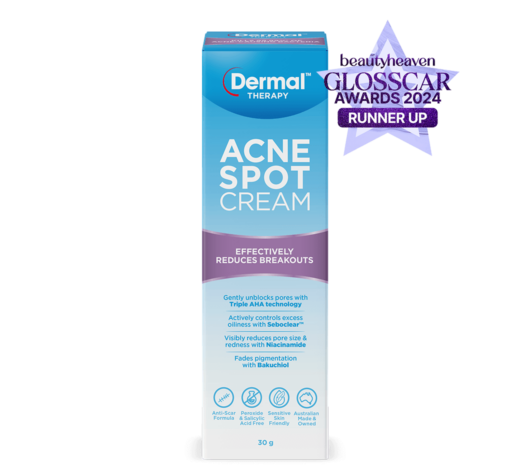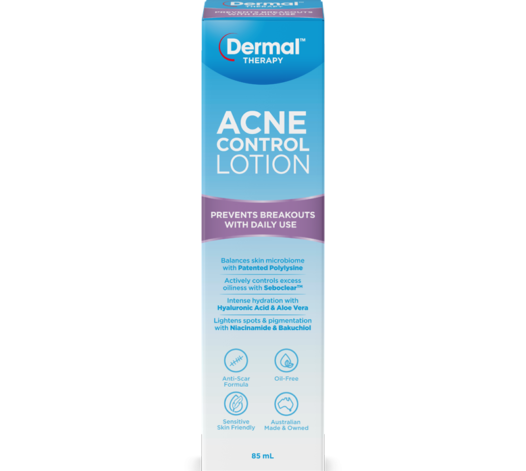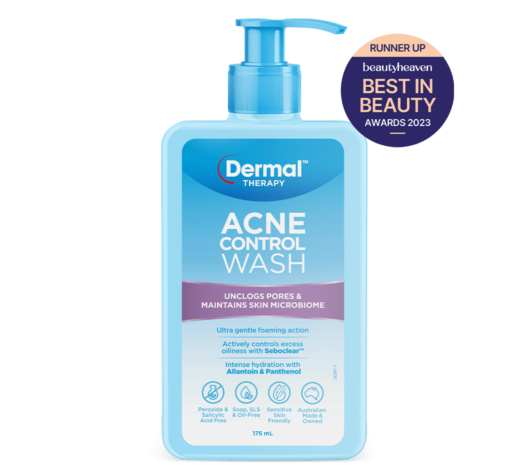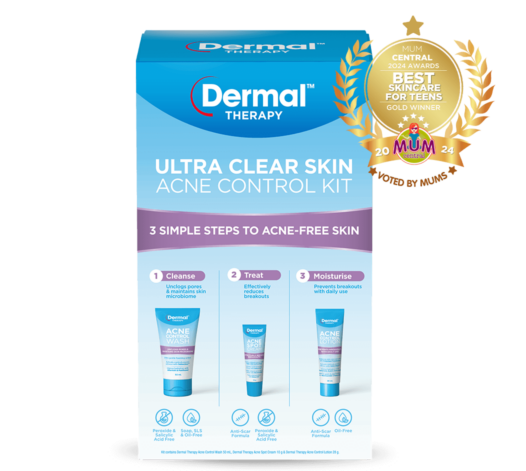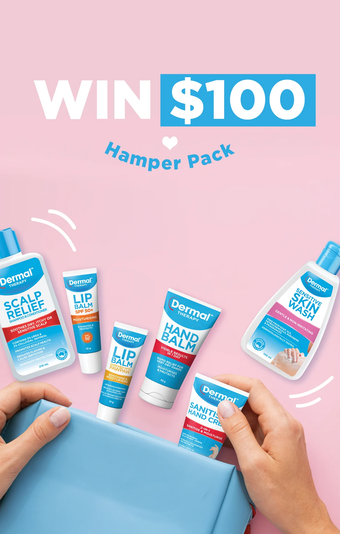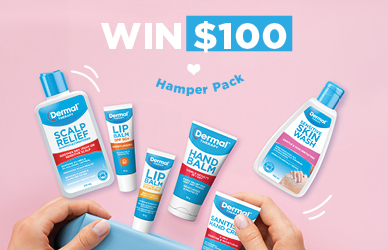Acne Q&A with Dr Phil Tong, Bondi Dermatologist and Fellow of the Australasian College of Dermatologists
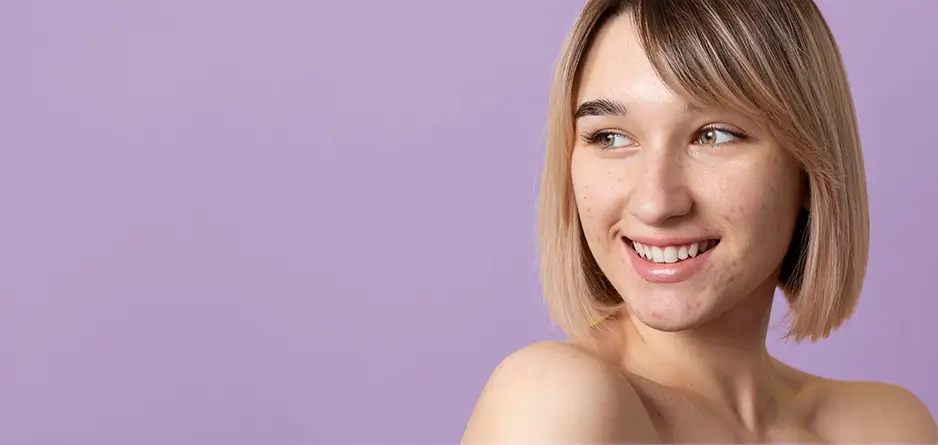
Area
AcneDermal Therapy have teamed up with Gloss Etc and renowned Bondi Dermatologist, Founder of Dermatology Junction Dr Philip Tong, who has a clinical interest in the management of acne and acne scarring, atopic eczema and psoriasis.
Dr Tong has answered some acne Q&As for us and has shared insights on adult acne, debunking myths, and offering expert advice. With the rise in adult acne cases, Dr. Tong sheds light on the causes, treatment options, and skincare essentials for clear, radiant skin. From understanding the difference between acne, blemishes, pimples, and breakouts to exploring effective ingredients and in-clinic treatments, Dr. Tong provides comprehensive guidance tailored to your skin’s needs.
Q: Full name and title, including any affiliation with Dermal Therapy.
Dr Philip Tong, Bondi Dermatologist and Founder of Dermatology Junction.
Dr Tong is also an author on the All About Acne site where a group of medically-trained skin experts from across Australia who have an interest in acne management donate their time and expertise in order to provide the most up-to-date, practical and relevant information on acne-related matters. A small number of companies including Dermal Therapy fund the activities of All About Acne, which includes their website. Without their support, All About Acne would not exist.
Q: From your perspective, is adult acne on the rise? Are you seeing more cases of adult patients dealing with acne?
Indeed, adult acne is on the rise and this could be due to a combination of factors including increased awareness, changes in skin care and make up practices and doctors recognising underlying causes for adult acne such as PCOS that has been undiagnosed in up to 70% of cases.
Q: If I had acne as a teen, am I more likely to get it as an adult? Why/not?
Having teenage acne is not a risk factor for having acne as an adult although there are genetic tendencies for both. Treating acne as a teenager does not guarantee that the individual will not go on to have adult acne although it appears that those who have been treated may be less likely to develop acne long-term.
Q: The terms are often used interchangeably, but what’s the difference between Acne, Blemishes, Pimples, Breakouts?
Acne is an abbreviated term to describe the full condition acne vulgaris. The terms blemishes, pimples and breakouts generally describe the inflammatory phase of acne which includes papules (red bumps), pustules (pus filled bumps) and cysts (deep pus-filled nodules, often arising under the skin).
Q: When it comes to teen acne v adult acne, please outline the similarities and differences in:
CAUSES:
Teen: Mainly genetic and hormonal influences such as puberty
Adult: More likely hormonal, use of medication and coming off medication e.g. the oral contraceptive pill, use of cosmetics and indeed stress. Diet may play a role such as high glycaemic index foods such as those containing processed sugars. The science between gut health (and microbiome) and acne is still under investigation
APPEARANCE (will they generally be blackheads, whitehead, pimples, papules, cysts, nodules, and where on the face do they usually appear)
Teen: blackheads, whiteheads, and inflammatory acne such as pimples, papules, cysts. Arising anywhere on the face, particularly, forehead and nose. Men are prone to back acne too.
Adult: generally inflammatory acne characterised by papules, pustules and sometimes nodules around the jawline.
Q: INGREDIENTS TO TREAT
Teen: AHA/BHA cleansers, oral antibiotics, and topical retinoids, products described as fixed-dose-combinations of topical retinoids and topical antibiotics. Of course, oral retinoids such as isotretinoin help here.
Adult: oral contraceptive pill, spironolactone, topical and oral retinoids, particularly in low dose, works well for adult acne.
We also recommend Dermal Therapy Acne Control Wash
Q: POST-BLEMISH DARK MARKS
Teen: Can be both redness (aka. post inflammatory erythema, particularly in the scars) or pigmentation (aka. post inflammatory hyperpigmentation)
Adult: The above can occur and most likely sticks around longer could be in part explained by the body’s reduced ability to quench or reduce the oxidative stress on skin as we age
Q: What works in-clinic? Please outline some treatments/lasers/lights that might help
For the most part, a gentle skin care routine and sunscreen is a good foundation. I compound a maintenance cream to support their acne treatments that contain ingredients such as niacinamide to help with the post acne blemishes such as redness and pigmentation.
We recommend Dermal Therapy’s Acne Spot Treatment here due to its innovative anti-scar formula.
For those motivated, red light may be helpful and pigment specific lasers may play a role to reduce post inflammatory hyperpigmentation however speak to your dermatologist first before proceeding with these, particularly when on prescription medicines.
Q: For at home, aside from using the right skincare, what else can I do? Do you recommend any ingestibles/supplements?
I generally think having a healthy diet and drinking plenty of water to be the simple things one can do whilst on acne treatments. It should be advised that those taking oral retinoids (e.g. isotretinoin) should take care to avoid oral supplements containing Vitamin A as it could exacerbate some of the side effects of the medication.
Q: If I’m treating my adult acne at home, when should I expect to see results? When is it time to see a dermatologist?
With any treatment, it is important to stick to it for at least 6-12 weeks. I think after 3 months if you are not seeing changes or it is worsening, to speak to your GP or dermatologist for advice on next steps.
Q: Look, I know I shouldn’t, but I am going to squeeze my spot. How can I do this and inflict the least damage?
Do this with clean fingers and clean the skin first. Ideally, if you could get some assistance and have on hand tools such as a comedone extractor, this may be helpful but be warned, these tools can also cause damage so speak to your doctor first who may be able to teach you to do this comfortably and safely. Alternatively, consider pimple patches.
Acne Myth-busting — true or false, and why.
Myth: Blemish-prone skin doesn’t need as much moisture/can skip moisturiser
False. Sometimes dry skin can be a risk factor for acne breakouts. Also having long hot showers, causing skin dryness, and not moisturising afterwards, may be the difference between acne improving whilst on treatment versus not improving at all.
You could try Dermal Therapy’s Acne Control Lotion to help moisturise your face.
Myth: Wearing sunscreen makes acne worse
False. Sunscreens nowadays are well designed. Look for those that say ‘non-comedogenic’ on the packaging.
Myth: How often is makeup the cause of breakouts?
True. Some makeup (and makeup brushes) can be the cause for persisting acne. Aside from cleaning your brushes regularly, consider using a mineral based make up or a BB cream.
Learn more about Prescription vs. Over-the-Counter Treatment for Acne and The Importance Of A Good Skin Care Routine For Acne-Prone Skin as well as The Different Types of Acne.
This original content came from Gloss Etc.
